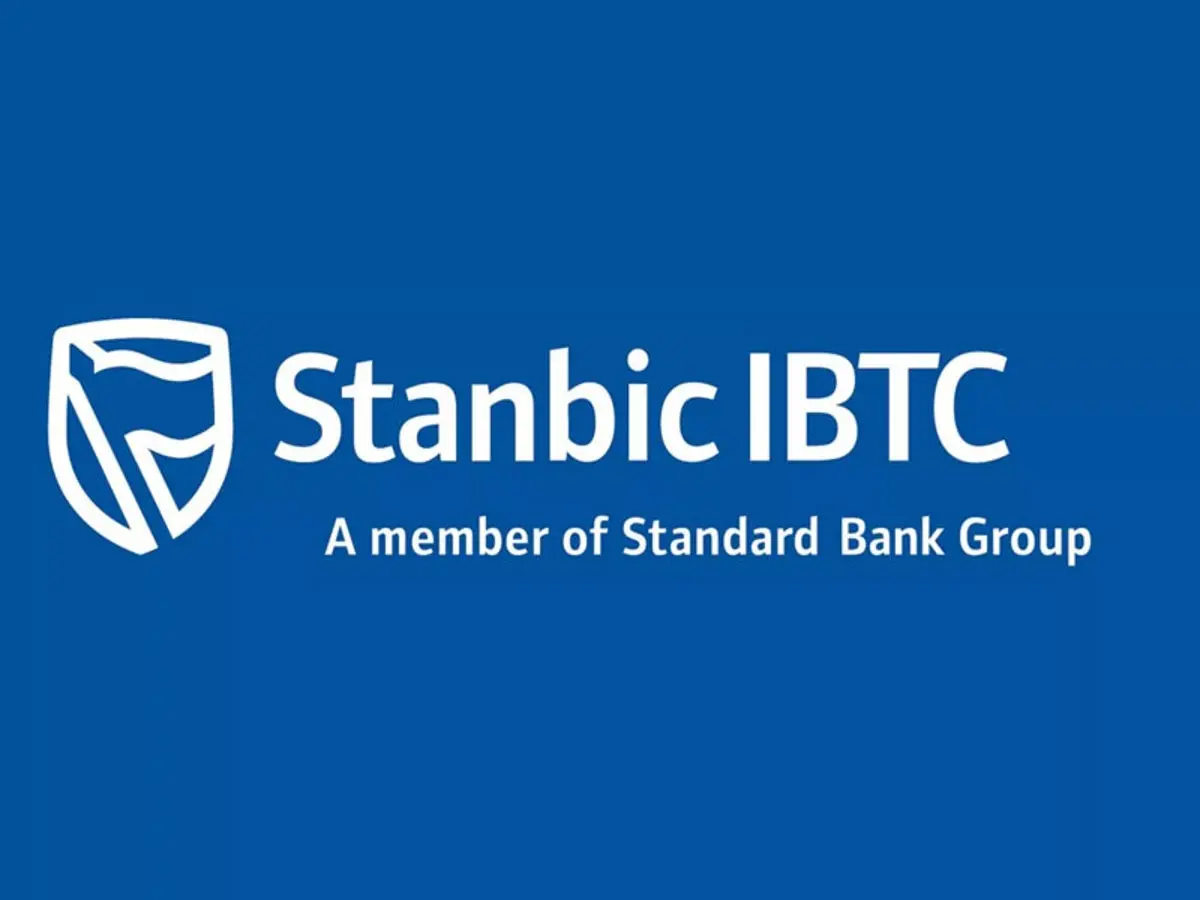According to Stanbic IBTC Bank, the February PMI data showed that the private sector in Nigeria was negatively impacted by cash shortages at the halfway point of the first quarter of the year.
According to the data that was issued yesterday, there were significant drops in productivity and new orders, and businesses also reduced hiring and purchasing.
Fuel shortages also had an impact on businesses, adding to pricing pressure and delaying supplier deliveries, the study states.
The Purchasing Managers Index, or PMI, is the survey’s key statistic. Numbers over 50.0 indicate that business conditions have improved during the previous month, while levels below 50.0 indicate a worsening.
The report noted: “The headline PMI dropped below the 50.0 no-change mark in February, posting 44.7 from 53.5 in January.
“Business conditions deteriorated markedly, ending a 31-month sequence of expansion. The decline in operating conditions was the sharpest since the survey began in January 2014, excluding the opening wave of the COVID-19 pandemic in the second quarter of 2020.
IBTC Pension – Three Reasons You Should Sign Up, Two Reasons Not To
“The most severe impacts of cash shortages were seen with regards to output and new orders, which both fell substantially as customers were often unable to secure the funds to commit to spending. The decline in new orders was the first since June 2020, while the fall in output ended a seven-month sequence of growth. In both cases, the reductions were the most pronounced in the survey’s history, apart from during the opening wave of the COVID-19pandemic.
“With new orders and output falling, companies reduced their input buying and staffing levels accordingly.”
The report added: “The decrease in purchasing reflected not only a drop in customer demand but also difficulties for companies to find the funds to pay for items.
Alongside cash shortages, the private sector was also impacted by scarcity of fuel in February. This had a notable impact on suppliers ‘delivery times, which lengthened for the first time in close to six-and-a-half years and to the greatest extent since April 2016.”
Follow us on facebook
Post Disclaimer
The opinions, beliefs and viewpoints expressed by the author and forum participants on this website do not necessarily reflect the opinions, beliefs and viewpoints of Anaedo Online or official policies of the Anaedo Online.

